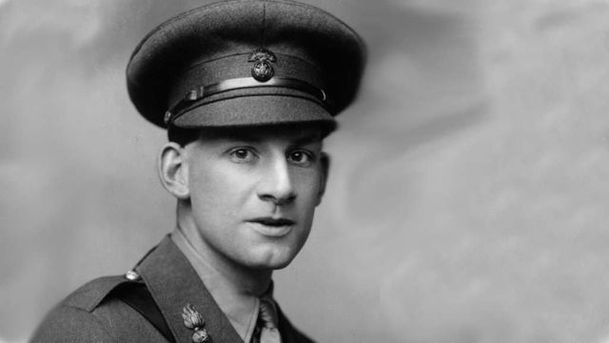In Our Time - Siegfried Sassoon

Melvyn Bragg and guests discuss the war poet Siegfried Sassoon. In 1916 the Military Cross was awarded to a captain in the Royal Welch Fusiliers for "conspicuous gallantry during a raid on the enemy's trenches". The citation noted that he had braved "rifle and bomb fire" and that "owing to his courage and determination, all the killed and wounded were brought in". The hero in question was the poet, Siegfried Sassoon. And yet a year later, and at great personal risk, Sassoon publicly denounced the conduct of the war in which he had fought so well. Although famous for his bitter, satirical verses and his denunciation of the conduct of the war which landed him in Craiglockhart mental hospital there is much more to this man of contradictions. A mentor to Wilfred Owen, arch enemy of T.S. Eliot and the Modernist movement, his life included a string of homosexual affairs, a failed marriage, a religious conversion and several tumultuous arguments with literary friends. Notably Robert Graves. He was also an obsessive diarist and writer of autobiography and he continued to write poetry until his death, from cancer, in 1967. But how significant a poet is Siegfried Sassoon, what version of Englishness did this half-Jewish, homosexual cricket lover invent for himself and how do you explain the mind of a man who bitterly opposed the First World War, yet fought in it with an almost insane ferocity? With Jean Moorcroft Wilson, Lecturer in English at Birkbeck, University of London and a biographer of Sassoon; Fran Brearton, Reader in English and Assistant Director of the Seamus Heaney Centre for Poetry at the University of Belfast; Max Egremont, a biographer of Siegfried Sassoon